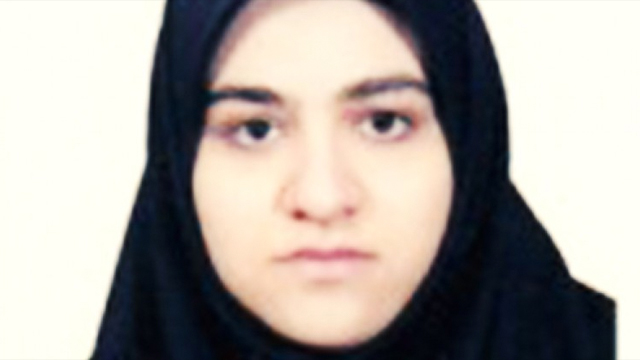Supreme Court to Review Case of Ailing Political Prisoner

Iran’s Supreme Court has agreed to review the case of political prisoner Rayhaneh Haj Ebrahim Dabbagh, who became eligible for early release after serving half of her 15-year prison sentence, her mother told the International Campaign for Human Rights in Iran.
“During the appeal process we noticed that she was charged with not just one, but several things from ‘insulting the supreme leader’ to ‘helping the MEK’, and they added up the punishment for each charge, which came to 15 years in prison,” said her mother, Parvaneh Taheri. “The biggest sentence was for seven-and-a-half years, and was based on Article 134. She should go free because she has served more than that.”
Article 134 of Iran’s Islamic Penal Code allows for only the longest sentence to be served in cases involving convictions on multiple charges. “Branch 21 of the Supreme Court has agreed to review her case,” said Taheri. “We hope they will at least apply Article 134 so that she could go free.”
Taheri also told the Campaign that Dabbagh’s health is declining from acute colitis, but the family cannot pay the high bail amount set for her medical furlough (temporary leave).
“Her intestinal problems are so bad that she can’t even eat normally,” said Taheri. “Her colitis has become worse and the medications she’s taking are not effective. She needs to go on medical furlough for treatment, but they are asking for a lot of money for bail. It’s beyond our means.”
Political prisoners in Iran are singled out for harsh treatment, which often includes denial of medical care.
Dabbagh was arrested on December 26, 2009 for participating in the peaceful protests against the widely disputed result of that year’s presidential election. She was accused of being a sympathizer of the outlawed Mojahedin-e Khalgh organization (MEK, also known as MKO and PMOI), which she denied, and was sentenced to death for “moharebeh (enmity with God).” The sentence was reduced to 15 years in prison upon appeal.
Earlier this month the Supreme Court also agreed to review the 10-year prison sentence of another alleged MEK sympathizer, Sedigheh Moradi.
